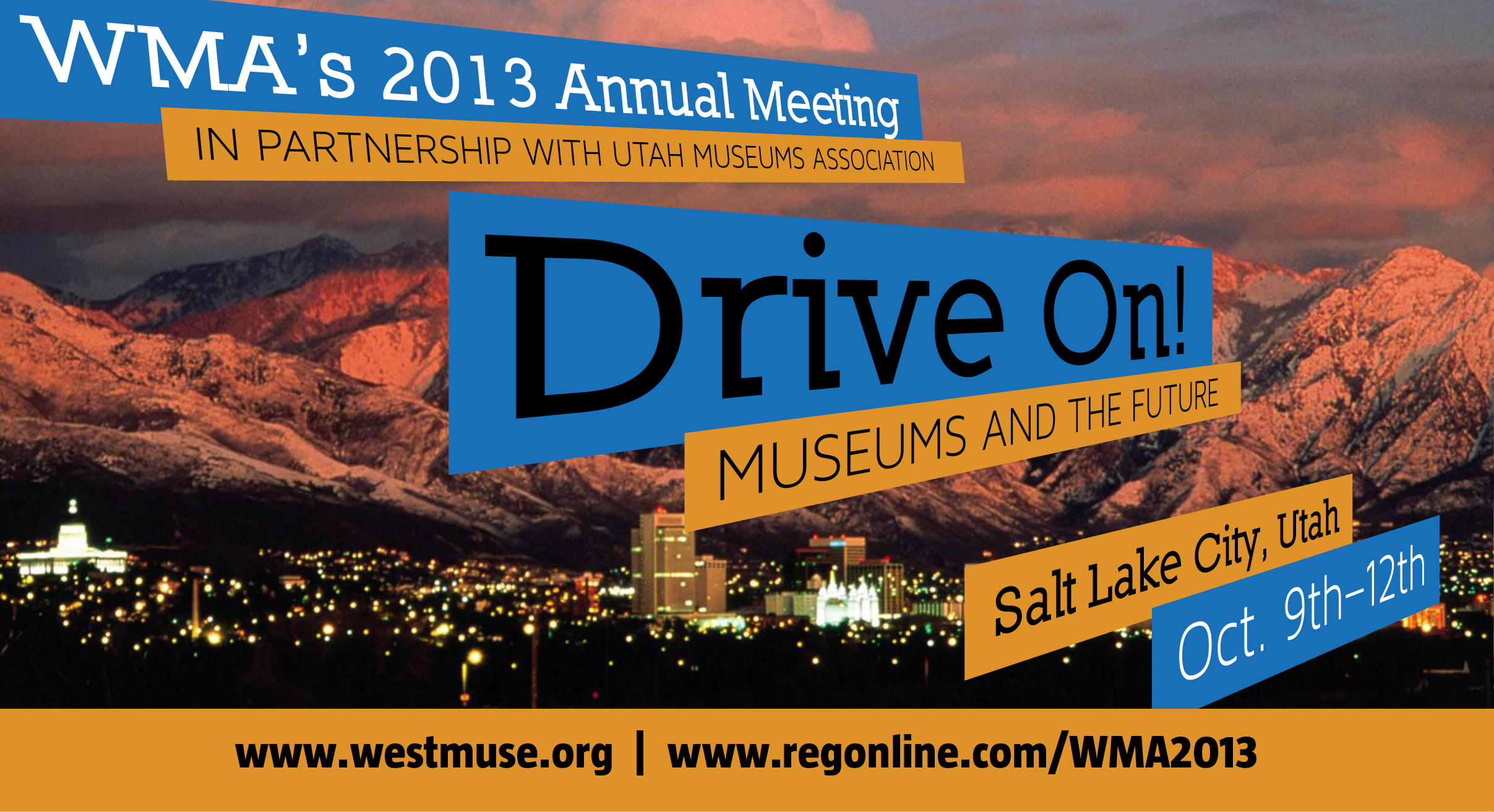By Kurt Neugebauer
A first glance at the Western Museums Association 2013 Annual Meeting Program
 Please join us as we share our experience in using the project management software Basecamp at the Western Museum Association (WMA) 2013 Annual Meeting on Saturday, October 12, at 2:00pm. Basecamp is one of several online software management tools that greatly simplify interactive communication, document storage and sharing, and to-do lists; it is accessible on your computer, smart phone, and tablet. The project baseline keeps all project details together in one go-to source – for everyone involved.
Please join us as we share our experience in using the project management software Basecamp at the Western Museum Association (WMA) 2013 Annual Meeting on Saturday, October 12, at 2:00pm. Basecamp is one of several online software management tools that greatly simplify interactive communication, document storage and sharing, and to-do lists; it is accessible on your computer, smart phone, and tablet. The project baseline keeps all project details together in one go-to source – for everyone involved.
Exhibition projects and processes are typically unique and diverse, with their varied content and elements. Throughout pre-planning, production, and post-assessment, many museum departments and disciplines, along with outside contractors, are involved. Often, there can be a tendency to work independently from each other, overlapping tasks, and creating extra work with multiple schedules. Many of us have experienced the never-ending email streams, the search through multiple notes and emails for details relevant to our particular tasks, and the possibility that not everyone is working from the same information or the latest update or document versions. With Basecamp, we set out to solve these issues by having one place where all the exhibition and project details can be accessed in a flexible, collaborative way. It’s been a learning curve for all of us, and we look forward to sharing “the good, the bad, and the ugly” we’ve encountered through the process of rolling out this software to staff and incorporating it into our daily work.
Certainly, there are many good resources and books that offer valuable information for organizing exhibitions, including providing generic templates, timelines, and lists of tasks. But maybe you’ve found that even with using these guides there is still no set standard to accommodate all of the particulars for every project or exhibition. We attempted to test Basecamp‘s claim of being highly intuitive and flexible for managing all the tasks in one location. In this session, we will also address how this system works for the director or manager who needs to be on top of every relevant staff member’s progress and performance.
As much as we like to believe that we can be adept at “multi-tasking,” and many of us think we can do this well, it is not the most efficient and effective way to work as it constantly divides our attention. Basecamp and other similar online project management programs afford the opportunity to choose when to devote concentrated time to a project. And when you open a particular project, you instantly have all of the most current information related to that project in front you – the latest discussions, most recent file drafts, adjustments to a schedule, or questions or concerns that have unexpectedly arisen.
Further for consideration: email is over forty years old, and studies show that the Millennials and Gen X-ers prefer messaging and social networking for their personal interactions and for managing their work situations. Basecamp seems particularly well-suited with this younger worker demographic. It’s mobile, collaborative, and it helps you manage multiple projects simply. Of course, it’s not perfect, but neither are we. Please join us in discussing this electronic planning tool and workplace evolution!
To attend this session at the 2013 Annual Meeting, please visit: http://www.regonline.com/WMA2013
Kurt Neugebauer is the Associate Director of Administration and Exhibitions at the Jordan Schnitzer Museum of Art, University of Oregon. He has developed and taught coursework in exhibition design and theory, and promotes integrating technology and new media into exhibition design that expands traditional avenues of interpretation for the art museum visitor.








Add new comment